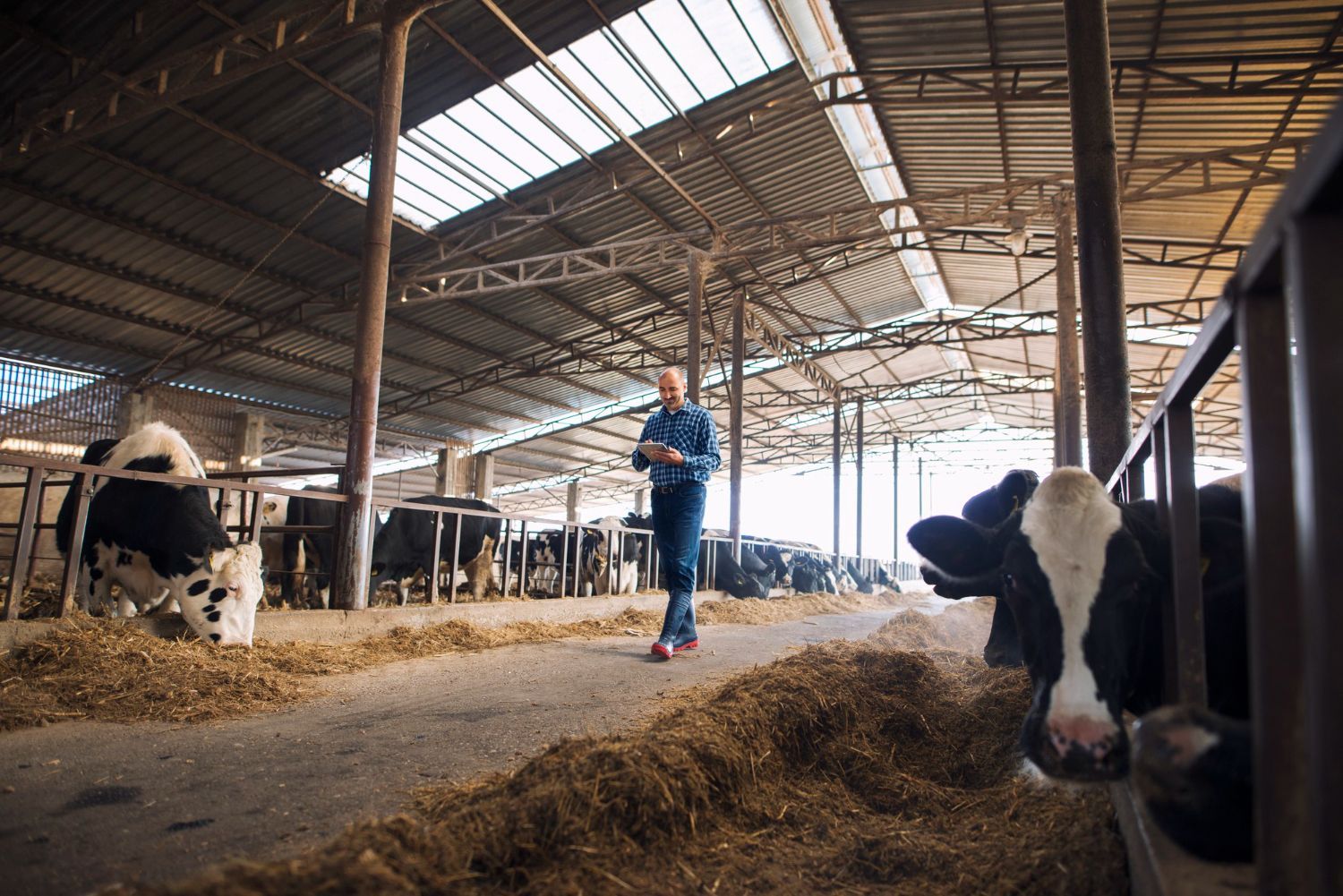As the business world rapidly evolves, the traditional career paths that were once considered the norm are becoming a thing of the past. Instead, more executives are taking non-linear career paths that involve making bold career choices and pivoting to different industries, ultimately leading to a diverse set of skills and experiences.
This trend is especially prevalent in the Fast-Moving Consumer Goods (FMCG) industry, where the need for talent with a broad skill set and an adaptable mindset is essential.
As FMCG and F&B businesses seek to gain a competitive foothold through the appointment of skilled leadership talent, we look at why hiring talent with non-linear career paths is critical in uncovering the FMCG industry's best leaders.
Why are executives choosing non-linear career paths?
One reason why career diversity among executives is increasing is that people are working longer. As the retirement age increases and life expectancy rises, executives are choosing to work longer, leading to longer career spans. With longer careers come more opportunities to switch paths and explore different industries. This trend is also reflected in research conducted by Deloitte, which found that over 90% of professionals who were surveyed expect to stay in their jobs for three years or less, indicating that job tenure is declining.
Executives' values and priorities have also shifted in recent years, leading to more flexibility in career choices. Younger generations, in particular, place a greater emphasis on work-life balance, meaningful work, and personal growth. These values often lead to more exploration in career choices and increased willingness to take risks. With a focus on personal growth and meaningful work, executives are more likely to take non-traditional career paths, leading to diverse skill sets that can be invaluable in the FMCG industry.
Diverse Skills
The need for greater diversity doesn’t mean that specialist knowledge is of less value in today’s business arena. Specialist knowledge and expertise continue to play a critical role, especially in specialist industries such as food manufacturing where safety, quality, and consistency are essential. For example, understanding food safety regulations, quality control, and the supply chain is a vital component in staying competitive. Leaders and executives who have a deep understanding of the industry's best practices can ensure that products consistently meet safety and quality standards.
However, rapidly changing business environments demand greater adaptability and innovation to meet changing customer expectations and stay competitive without losing sight of industry best practices, food safety and governance.
New entrants to the market and the introduction of innovative solutions to customers' food preferences such as vegan, meat-free alternatives and non-alcoholic beverages are increasing the pressure for food and beverage businesses to continually innovate. The ability to develop new products that meet these changing customer needs requires leaders and executives who can drive product development and create new revenue streams. For example, a leader with a background in R&D might be better placed to develop innovative new products that cater to specific dietary requirements, such as vegan or gluten-free options.
A survey by Deloitte found that 83% of executives believe that employees with diverse career backgrounds bring a wider range of experiences and perspectives, which leads to more creative and innovative ideas.
The rapid growth of markets such as gluten-free and vegan products highlights the importance of innovation and the need to remain relevant as customer expectations evolve. Alongside this, digitisation, e-commerce and Direct-To-Consumer models are enabling businesses to collect more data than ever before, better-informing decision-making around product innovation.
Leaders with non-linear career paths often result in diverse skill sets, for example, a leader with a background in data analytics might be better suited to leveraging data and technology to improve processes and better meet customer expectations by analysing customer behaviour and choices to create targeted products and inform marketing campaigns around these preferences.
A report by the World Economic Forum found that employees with diverse career backgrounds bring unique perspectives, innovative ideas, and cross-functional skills to the workplace, which can lead to increased competitiveness and better business outcomes. These skills allow them to approach challenges in new and innovative ways, making them valuable assets to any FMCG or F&B organisation.
Skills based hiring
As companies continue to prioritise skills-based hiring, executives with non-linear career paths can help organisations expand their talent pool. In the past, traditional hiring practices focused heavily on industry experience, leading to a limited pool of candidates. However, as companies shift their focus to skills-based hiring, they are opening up opportunities to executives with diverse backgrounds and skill sets. These executives may have skills that are transferable to the FMCG industry, making them a valuable addition to the talent pool.
Moreover, lower levels of loyalty among employees have contributed to the pursuit of non-linear career paths. In the past, employees often stayed with the same company for decades, leading to a limited number of job opportunities and limited exposure to new and challenging environments throughout their careers. However, today's employees are more likely to change careers with greater frequency, with an average of 12 job changes during their working life. Career changes can often be viewed as a negative trait, but they can also be an opportunity for executives to explore different industries, gain new skills, and make bold career moves. These experiences can lead to innovative thinking and a unique perspective that can be valuable in the FMCG industry.
It's essential to note that non-linear career paths should not be confused with job hopping. Job hopping often indicates a lack of commitment, while non-linear career paths demonstrate a willingness to take risks and explore different industries to gain new skills and experiences.
Executives who take non-linear career paths tend to bring a unique perspective to the FMCG industry, which can lead to innovation and increased competitiveness. Being open to leaders and executives from other industries not only allows organisations to tap into a broader talent pool but according to a study conducted by LinkedIn, employees who had a variety of experiences, such as working in different industries, functions, or countries, were more likely to be promoted to higher-level positions sooner. Specifically, those with diverse experiences were 23% more likely to be promoted within three years than those without diverse experiences.
Furthermore, a study by Harvard Business Review found that executives who had experience in multiple industries had better problem-solving skills, which led to better decision-making.
Greater resilience
The FMCG industry is constantly evolving, and hiring executives with non-linear career paths is essential to uncovering the best talent. A study by the National Bureau of Economic Research found that entrepreneurs who had previously worked in different industries were more likely to succeed than those who had only worked in one industry. This suggests that diverse career paths can lead to better business outcomes.
Longer careers, changing values, and a focus on skills-based hiring have contributed to the rise of non-linear career paths. Moreover, lower levels of loyalty and a willingness to take risks have led to more exploration in career choices.
As the business world continues to change, it's essential for the FMCG industry to adapt by embracing diversity in career paths and experiences. Unsurprisingly, a report by Forbes found that executives who had diverse career paths were better equipped to deal with unexpected challenges and changes in the industry. This resilience is likely due to their ability to draw on a wider range of experiences and skills.
Organisations seeking to innovate would do well to consider hiring executives with diverse backgrounds and nonlinear careers who can bring fresh perspectives, and innovative ideas, adding cross-functional skills to the workplace, which can lead to increased competitiveness and better business outcomes.
At ELR Executive we have over 20 years of experience helping FMCG and Food and Beverage organisations identify and attract the right talent to help achieve better business outcomes. If you'd like to learn more about how we can help you hire great talent, speak to us today.


